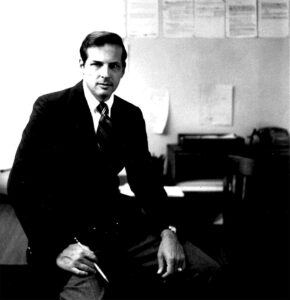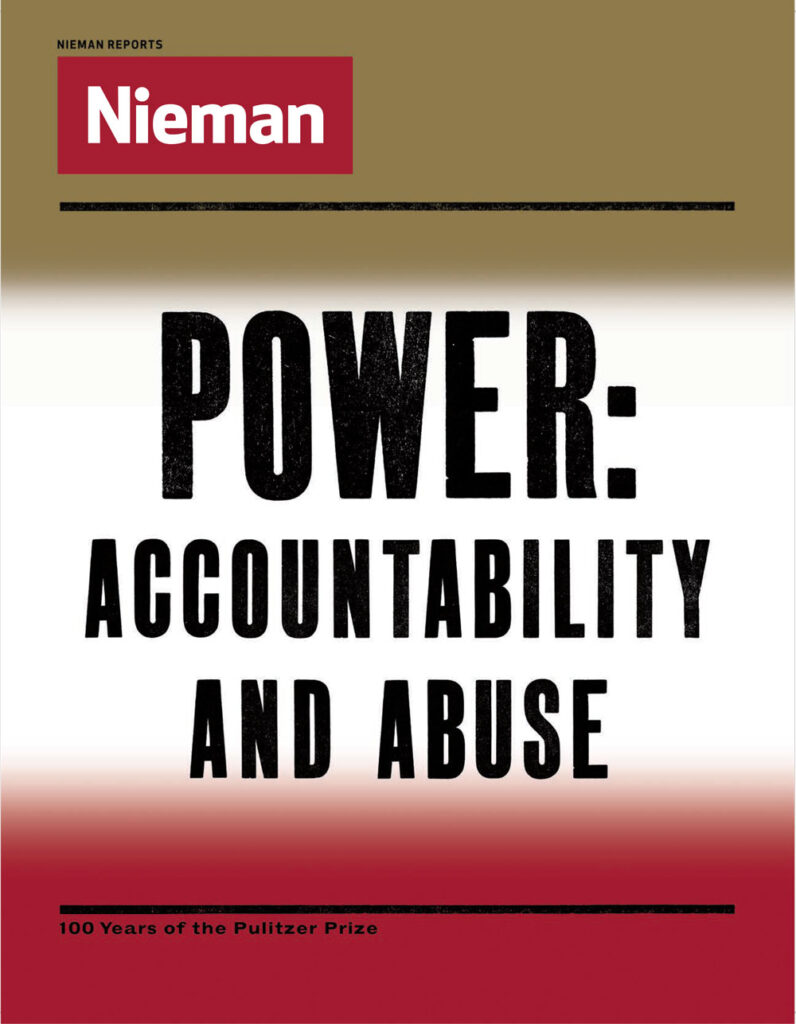In “Master of the Senate,” the third installment of “The Years of Lyndon Johnson” biography (of which there are currently four published volumes; a fifth is expected), Caro explores Johnson’s rapid ascent in the U.S. Senate. Interwoven into the narrative is an examination of how legislative power works in America, details Caro gleaned from years of research that included examining thousands of documents and interviewing hundreds of sources, from senators to coatroom clerks.

Lyndon Johnson once told a friend: “I’m just like a fox. I can see the jugular in any man and go for it, but I always keep myself in rein. I keep myself on a leash, just like you would an animal.” That self-assessment is only half true. Power corrupts—that has been said and written so often that it has become a cliché. But what is never said, but is just as true, is that power reveals. When a man is climbing, trying to persuade others to give him power, he must conceal those traits that might make others reluctant to give it to him, that might even make them refuse to give it to him. Once the man has power, it is no longer necessary for him to hide those traits. In his use of power during his Senate years, Lyndon Johnson sometimes reined himself in—and sometimes he didn’t. He used the powers he found and the powers he created with a raw, elemental brutality. Studying something in its rawest and most elemental form makes its fundamental nature come clear, so an examination of these sources of power that Johnson discovered or created, and of his use of them, should furnish insights into the true nature of legislative power, and into its potentialities.
Further Reading
Master of the Craft by Anne Hull
Excerpt from MASTER OF THE SENATE: THE YEARS OF LYNDON JOHNSON by Robert A. Caro, copyright © 2002 by Robert A. Caro, Inc. Used courtesy of Alfred A. Knopf, an imprint of the Knopf Doubleday Publishing Group, a division of Penguin Random House LLC. All rights reserved.



